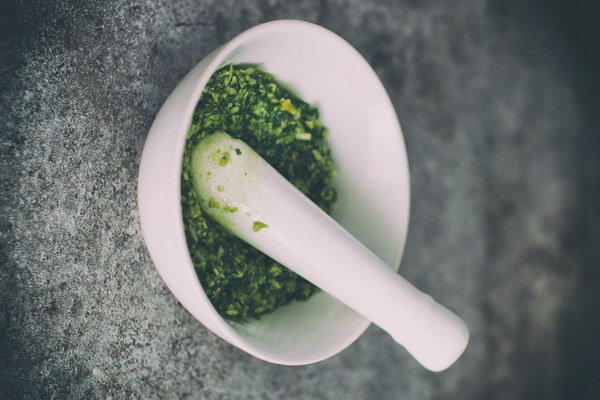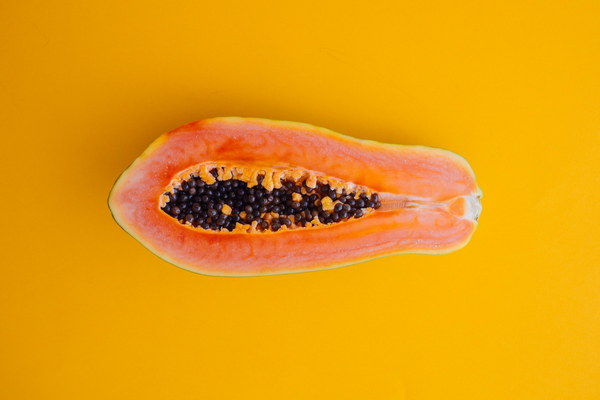Can Treating Dampness Cure Anal Fissures
In traditional Chinese medicine, treating dampness is often considered a crucial aspect of healing various ailments, including anal fissures. But what exactly is dampness, and can it truly be the key to curing anal fissures? This article aims to explore this topic, examining the concept of dampness in TCM, its potential connection to anal fissures, and the effectiveness of dampness treatment in healing this condition.
Dampness in Traditional Chinese Medicine (TCM)
In TCM, dampness refers to a pathogenic factor that can disrupt the body's balance, leading to various health issues. It is often characterized by symptoms such as fatigue, excessive sweating, bloating, and a sensation of heaviness. Dampness can originate from external factors, such as excessive exposure to moisture or cold weather, or from internal factors, like a weakened spleen and kidney function.
Anal fissures, on the other hand, are tears or cracks in the lining of the anal canal, usually caused by straining during bowel movements. While they are primarily a physical condition, TCM practitioners believe that dampness may play a role in the development of anal fissures.
The Connection Between Dampness and Anal Fissures
TCM experts argue that dampness can contribute to the development of anal fissures by affecting the body's internal balance. According to TCM, a weakened spleen and kidney function can lead to dampness accumulation in the body, which may then manifest as anal fissures. This accumulation of dampness can cause the anal canal to become inflamed, leading to pain, bleeding, and the formation of fissures.
Treating Dampness to Cure Anal Fissures
The primary approach to treating dampness in anal fissures involves herbal medicine, dietary adjustments, and lifestyle changes. Here's a closer look at these treatment methods:

1. Herbal Medicine: TCM practitioners may prescribe herbal formulas that help to expel dampness and strengthen the spleen and kidney. Common herbs used in these formulas include Atractylodes, Cinnamon, and Poria.
2. Dietary Adjustments: A diet low in dampness-inducing foods is essential in TCM. This may include avoiding cold, raw, and overly sweet foods. Instead, patients are encouraged to consume warm, cooked foods that promote the body's internal balance, such as soups and stews made with ginger, garlic, and other warming spices.
3. Lifestyle Changes: Adopting a healthy lifestyle can also help to alleviate dampness and improve overall health. This includes regular exercise, adequate sleep, and stress management techniques such as meditation or yoga.
The Effectiveness of Dampness Treatment in Healing Anal Fissures
While there is limited scientific evidence to support the use of dampness treatment in healing anal fissures, some patients have reported improvement in their symptoms after following TCM protocols. It is important to note that these results may vary from person to person, and TCM is not a substitute for conventional medical treatment.
In conclusion, while the concept of treating dampness to cure anal fissures is rooted in traditional Chinese medicine, its effectiveness remains largely anecdotal. If you are suffering from anal fissures, it is essential to consult with both a TCM practitioner and a conventional healthcare professional to determine the best course of treatment for your specific condition.









